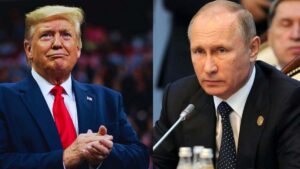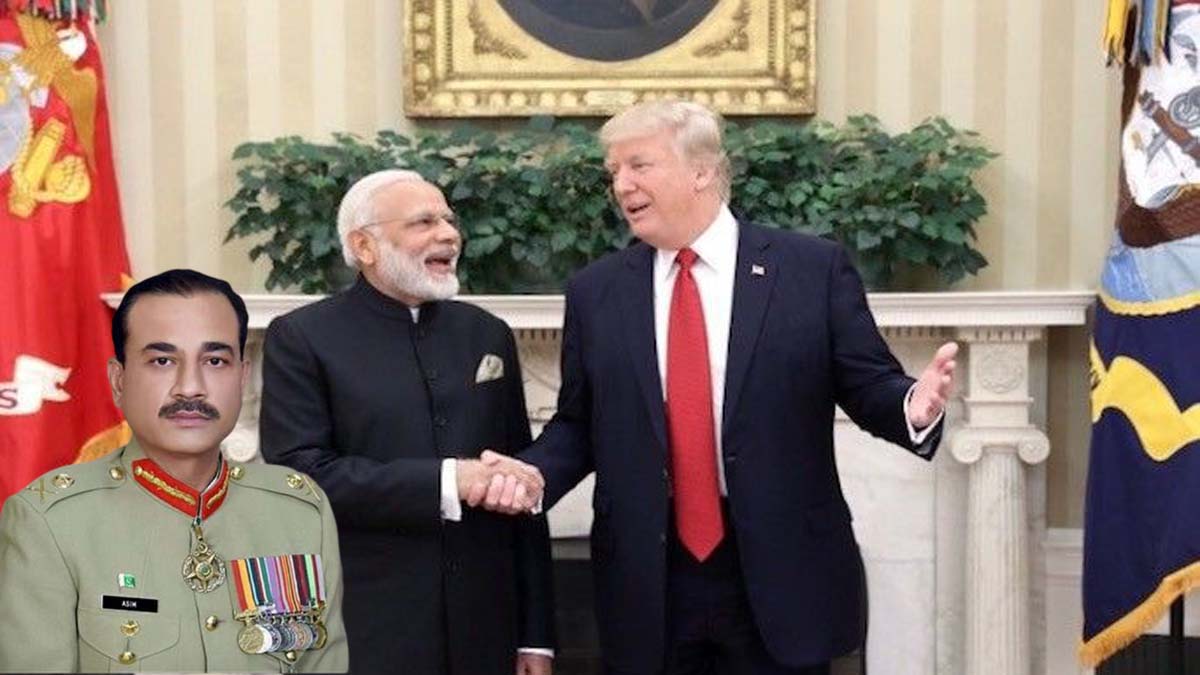The world order in the 21st century is at a turning point. The long-standing American Hegemony is now slowly being challenged. Countries like India Russia China are now moving towards a new balance on the global stage. Especially the growing closeness and energy cooperation between India and Russia has made the US uncomfortable. In this emerging equation, the US response – tariff war – has become not just an economic move, but a strategic tool.
India Russia Friendship and US Discomfort
The decades-old defense, energy and strategic cooperation between India and Russia is now becoming even stronger. India bought the S-400 defense system from Russia, and continued to import cheap crude oil from Russia even after the Ukraine war – this has been extremely important for India’s energy security. But the US is seeing this partnership as a challenge against its dominance.
US Double Standards and Tariff Conflict
The behavior that is being seen under the guise of America’s alleged values – democracy, freedom, and fair trade – is clearly indicative of a US Double Standard Tariff War. The US itself trades with Russia, buys urea and other products, but imposes economic penalties when India does the same. This double standard puts a question mark on the credibility of its policies.
Tariff War: Strategic Weapon or Diplomatic Bargaining?
The US doubled the import duty on products coming from India in 2025. Its purpose was to put pressure on India to distance itself from Russia. But it is clear that this is Tariff War as a Strategic Tool – a weapon that the US is constantly using in its global diplomacy.
At the same time, it is also an example of Diplomatic Bargaining via Tariffs – where an attempt is made to obtain political or strategic concessions through trade penalties.
India’s response: Self-reliance and strategic balance
India has made it clear that it is no longer going to bow down to any pressure. Prime Minister Modi said that India is ready to “pay a heavy price” to protect its policy independence. This is the basis of India’s Resisting Western Pressure policy. This belligerence is also reflected in India’s foreign policy, where it maintains a balance with the Western world while also continuing pragmatic cooperation with Russia and China.
India Russia China: Foundation of Change in the World Order
When India, Russia and China together become active in global forums — such as BRICS, Shanghai Cooperation Organisation (SCO) — it indicates an India Russia China Global Order Shift. This shift is not only in the field of trade and energy, but also in the direction of establishing alternative global financial institutions and reducing dependence on the dollar.
Balance of Power through Trade Deals
In today’s world, wars are not only military, but also economic and strategic. The reduction in trade benefits to India and the imposition of new conditions by the US is evidence of its desire to maintain a balance of power through Trade Deal Power Play.
India has also understood that it has to protect its own interests – whether it is to put its point firmly in the WTO or to promote domestic production. This economic self-reliance will make India more effective in the long run.
Conflict or Coexistence: The Way Forward
It is clear that tensions in India-US relations may be a temporary phase, but it has become a permanent part of India’s independent foreign policy that it will not take decisions by being bound to any bloc.
India is now moving towards becoming not just a “rule follower” but a “rule maker”. The US will also have to understand that in the changing world order, cooperation and a spirit of equality are necessary, not bullying.
Conclusion: Partnership is needed, not dominance
This contradiction of American hegemony and India-Russia friendship has given a new direction to the global order. Issues like tariff wars, double standards, diplomatic bargaining and energy security have become strategic and ideological conflicts, not just economic ones.
India’s message is clear – national interests are paramount. Be it America or any other country, India now wants an equal partner and not just an ally. more










